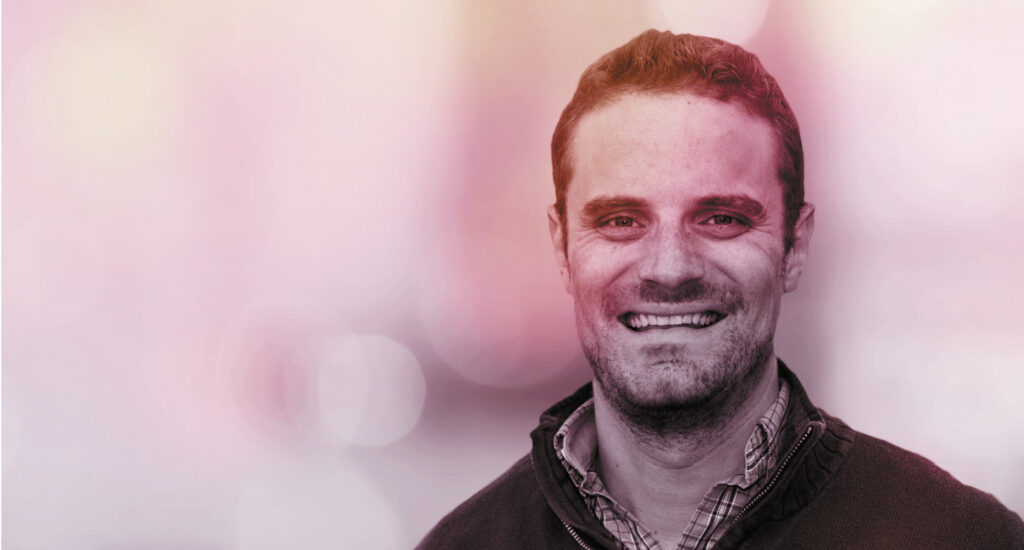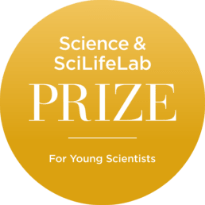
Matthew Savoca
Biography
Growing up in New York City, Matthew became fascinated with the natural world, spurred on by an interest in birds. He had the opportunity to foster that passion as an undergraduate while working at the Cornell Lab of Ornithology. His interest in marine conservation grew while completing a PhD in Ecology at the University of California, Davis. For his doctoral research, Matthew worked at the intersection of animal behavior, sensory processing, and analytical chemistry, to assess why marine animals confuse plastic for prey. Currently, Matthew is a postdoctoral researcher at the Hopkins Marine Station of Stanford University. He is studying baleen whale physiology, behavior, and their possible interactions with microplastics. In his free time, Matthew enjoys hiking, photography, DJing, and spending time with his wife Rachel and their dog Marley.
Synopsis
The ecology of an olfactory trap
Plastics are a ubiquitous form of marine litter. Despite burgeoning scientific interest on the interactions between plastic waste and marine wildlife, far less research has focused on the behavioral mechanisms underlying the maladaptive decision to ingest plastic. This essay reveals that algal biofilms that coat marine plastics emit an odoriferous compound that many marine predators interpret as an indicator of productive foraging regions, suggesting that marine plastics may falsely amplify an olfactory signal that certain species associate with foraging opportunities.
